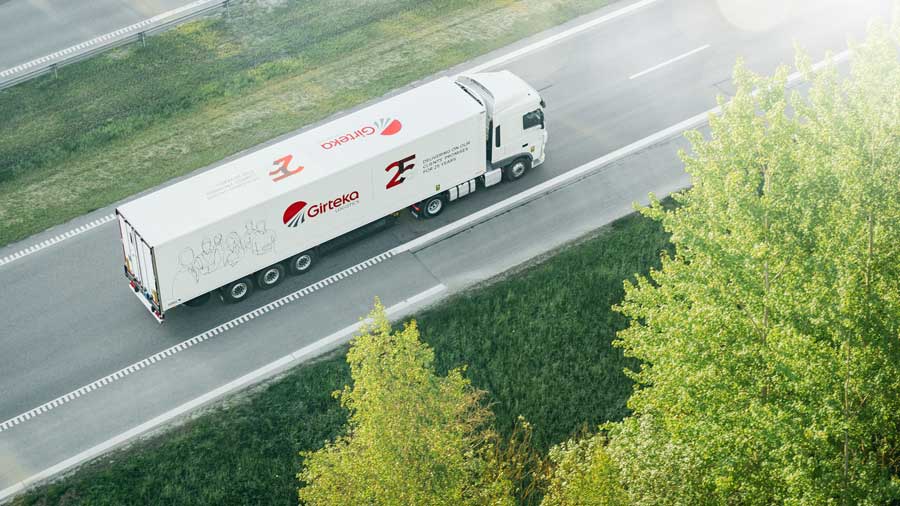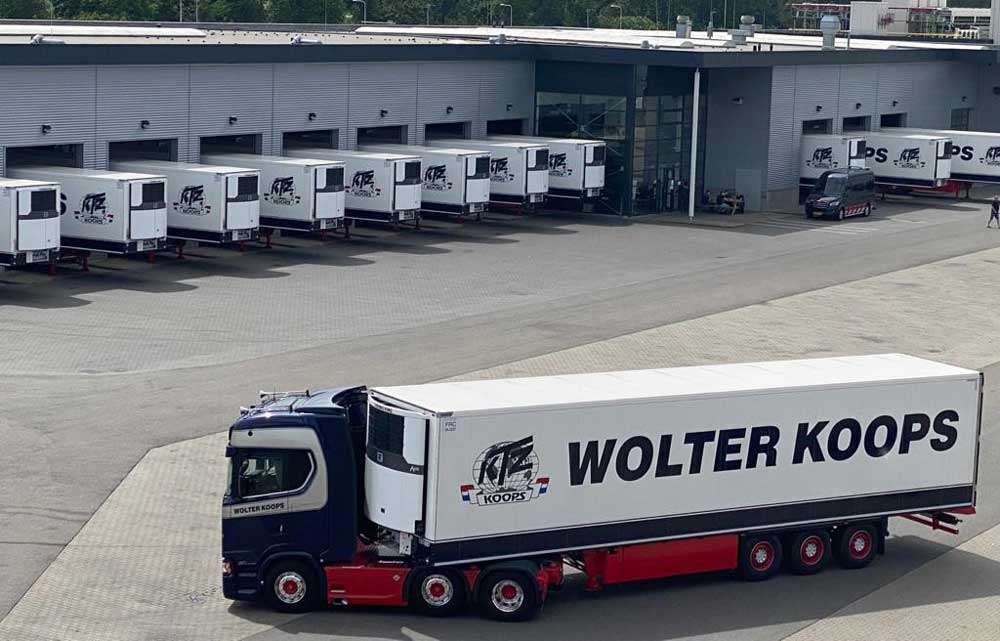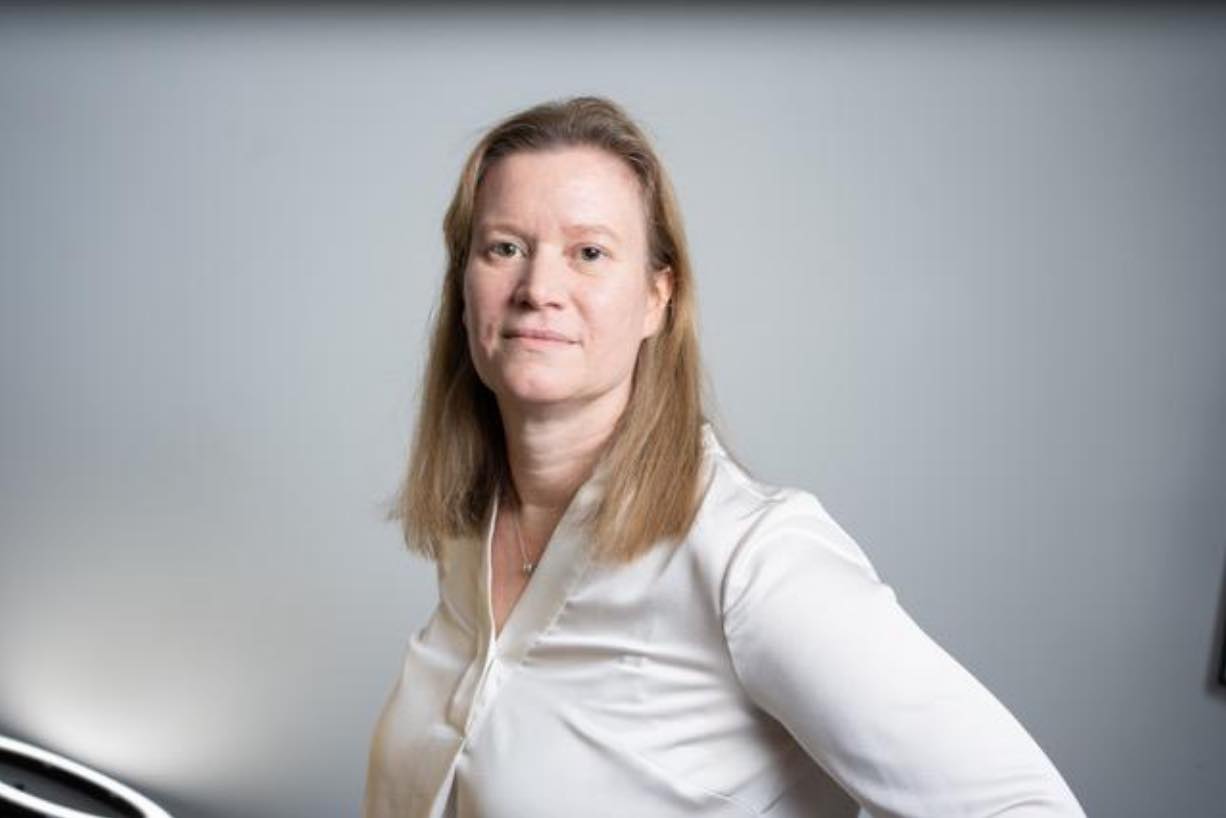The largest asset-based transportation company in Europe, Girteka Logistics, was one of the first road freight transport companies to be given the Green Carrier Certificate by one of its partners, DHL. The certificate was established by the German-based logistics company to certify its subcontractors, increasing the transparency behind its sustainability goals for its stakeholders.
DHL surveyed more than 600 selected service partners from Germany, Belgium, Spain, and the Netherlands on their sustainability performance, and according to the company, Girteka Logistics was one of the first companies to receive the certificate.
“We are proud to be one of the first forwarding companies to receive this certificate. It encourages us to continue focusing more on alternative drive technologies in the future,” said Pavel Kveten, the Chief Operating Officer (COO) of the European Business Unit at Girteka Logistics.
According to DHL’s Senior Vice President Strategy & Operation Programs, Andreas Mündel, “decarbonizing trade lanes and supply chains is a joint effort and has to be built on transparency and collaboration.” The DHL Green Carrier Certificate will allow the German company to implement “uniform and transparent criteria when it comes to cooperating with our ground carriers going forward,” as “this approach brings us all another step closer to our ambitious goal of true climate-neutral transport,” Mündel added.
Girteka Logistics has continuously attempted to be the leader in decarbonizing its road transport services, as the transport provider has operated a very young fleet of trucks powered by the latest Euro 6 diesel standard engines across its vehicle park. In addition, the company, together with its partners, has looked to utilize Hydrotreated Vegetable Oil (HVO) and intermodal train solutions that reduce the CO2 emissions of road transport by up to 85% and 90%, respectively. Girteka Logistics, together with other European Clean Trucking Alliance (ECTA) members, welcomed the ‘Fit for 55’ legislative package by the European Commission (EC), which aims to reduce the bloc’s emissions by at least 55% by 2030 compared to 1990 levels.










